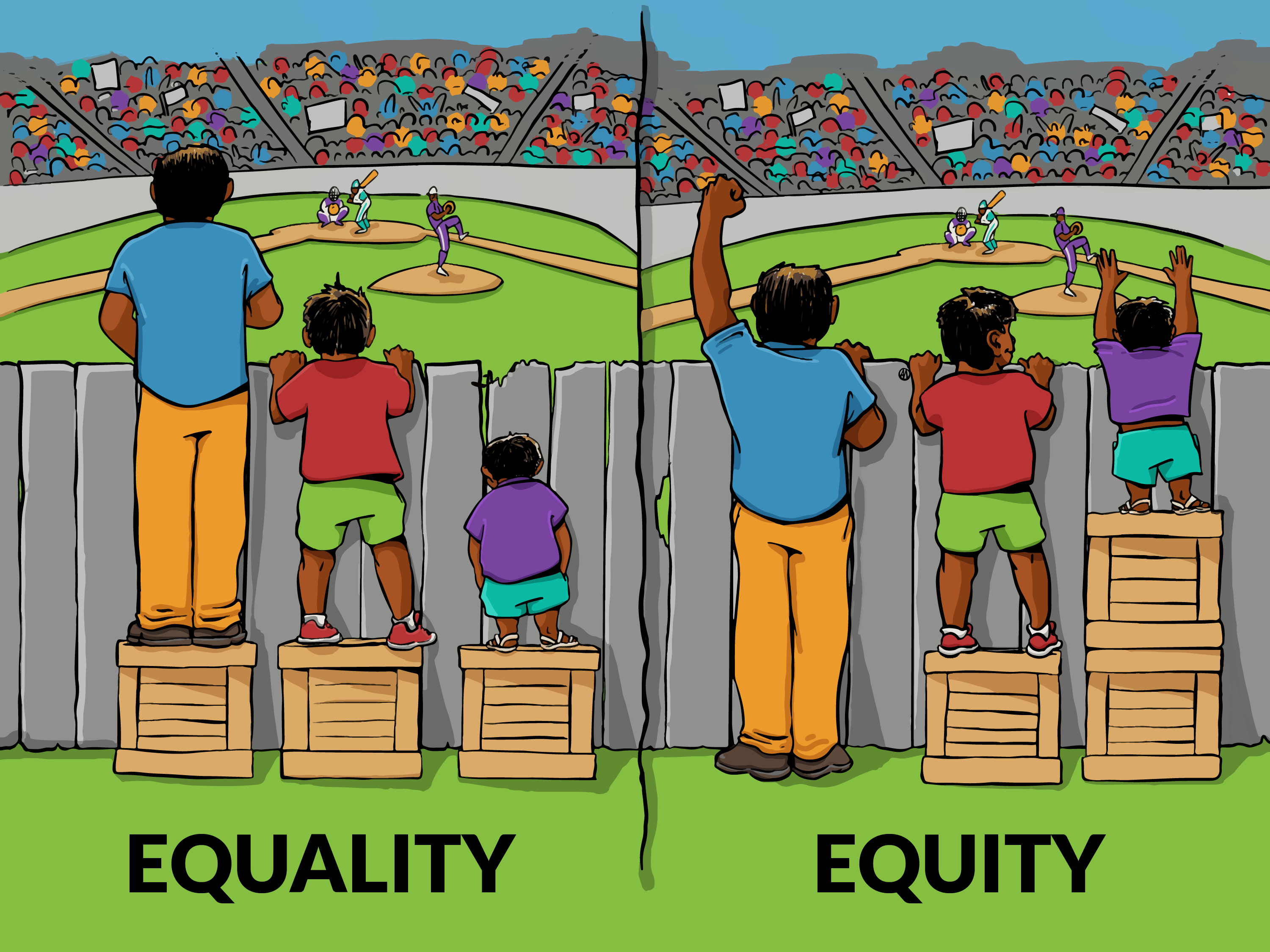When I am teaching students about inequality in education, I often do this exercise, which concerns inequalities in higher education (obviously, its only really about inequality between the very top echelon and the rest). I call it “The Endowment Exercise”. Please use/modify it if you think it would be helpful in your classes.[1]
The students take out their phones or computers, and work in pairs. Each pair is assigned to one college or university and is asked to calculate the annual yield on endowment for that college or university per undergraduate student. Here is how to do this:
Lookup the size of the endowment (this information is usually on the wikipedia page)
Lookup the number of undergraduate students (also usually on the wikipedia page)
Divide the first number by the second number.
Divide the result by 25. This is because the prevailing wisdom is that, on average, you can spend 4-5% of an endowment/year consistent with the endowment maintaining its value over time. The final figure represents the amount of money per undergraduate student that the university is able to spend in addition to whatever revenues it gets from tuition and state appropriations and other sources.
Then the students report their results. Its very important in the reporting stage to pick less wealthy institutions for early reporting. This makes the students assigned to more wealthy institutions anxious that they have done the math wrong (they haven’t).
Here’s a list of institutions. Yours should include your own institution, some local regional comprehensive universities, some public institutions your students have heard of, and some of the wealthy institutions on the list.
University of Illinois-Chicago
UW-Madison
UW-Milwaukee
UW-Parkside
The Ohio State University
University of Michigan-Ann Arbor
UCLA
UW-Stevens Point
Harvard University
Princeton University
Grinnell College
Amherst College
Stanford University
USC
Just to give a sense of the orders of magnitude here are 4 results:
UW-Madison: $4,800
UW Parkside: $61
Grinnell College: $67,000
Harvard: $509,000
Stanford: $239,000
Of course: not all of this endowment yield is spent on the undergraduates. There’s probably no way of calculating how much is, at least on the basis of publicly available information. But the amounts reveal very considerable disparities in the resources available, in principle, for spending on undergraduate programs (Note, the better endowed institutions do not charge lower tuition than, for example, UW-Parkside).
[1] My dad suggested that it might be a good idea to do this for the Universities of Cambridge and Oxford, and some of their constituent colleges. Somebody presumably has the time and expertise for that.
